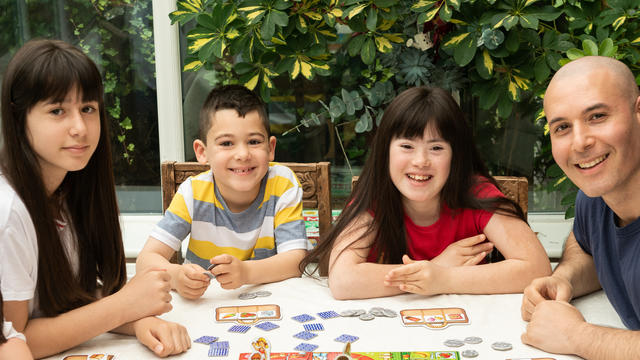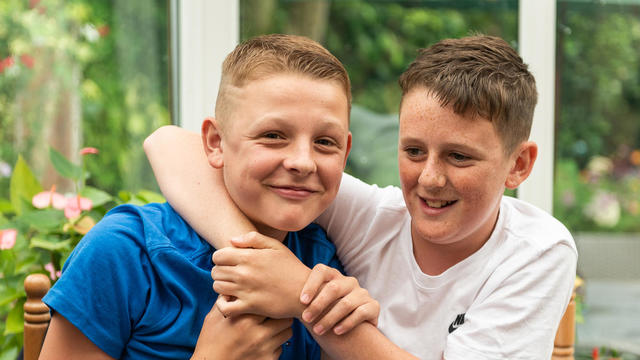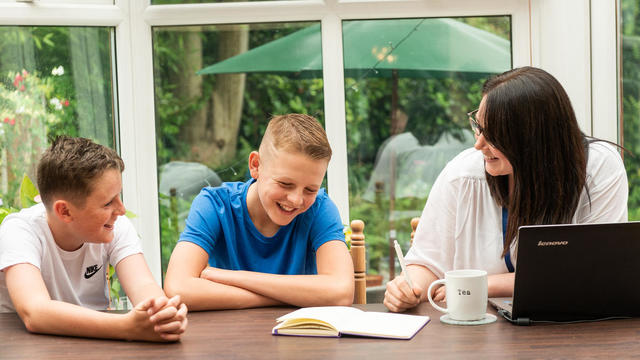From light to night: A parent’s guide to the autumn clock change

In the UK, the clocks go back in autumn. This can be a tricky transition for children and teenagers, especially those who are neurodivergent. Earlier darkness and a shift in routine can affect sleep, mood, and energy. This guide is here to help you support your child through the change.
Why neurodivergent children notice the change more
- They may rely heavily on predictable routines. Any shift in time can feel unsettling.
- Reduced daylight can impact mood, alertness, and motivation.
- They may find darker evenings overwhelming or confusing.
How parents can help
1. Maintain consistent routines
- Stick to familiar wake-up, meal, and bedtime schedules.
- Gradually shift bedtime by 10–15 minutes a few days before the clocks go back to help your child adjust smoothly.
- Gradually shift activities earlier if needed, rather than making abrupt changes.
2. Use Light to Support the Body Clock
- Encourage your child to spend time outside during daylight.
- Use bright lights in the morning to signal the start of the day.
- In the evening, provide soft, comforting lighting to help them wind down.
3. Prepare for Darker Evenings
- Introduce predictable evening activities like reading, drawing, or quiet play.
- Consider nightlights or fairy lights (warm white, red or orange) to make the environment feel safe.
- Use visual timers or clocks to help them understand how much time is left before bedtime.
4. Support Sleep and Wellbeing
- Encourage balanced meals, hydration, and gentle movement during the day.
- Avoid anything too stimulating/interactive on screens at least 30–60 minutes before bedtime to improve sleep quality.
- Maintain a calm, consistent bedtime routine with soothing activities.
5. Validate Their Feelings
- Acknowledge that change can feel difficult and offer reassurance.
- Let them express feelings through words, drawing, or journaling.
- Check in daily about how they’re coping with the shorter evenings.
6. Use Tools and Supports
- Visual schedules, timers, and alarms can reinforce structure.
- Noise-cancelling ear plugs/headphones or having continuous noise on in the background may reduce anxiety in darker evenings.
- Reward systems or small incentives can help motivate adherence to routines.
For more advice from our sleep service, please visit the link on our website where you will find information about our services and some sleep resources: Together Trust Sleep Services | Together Trust





